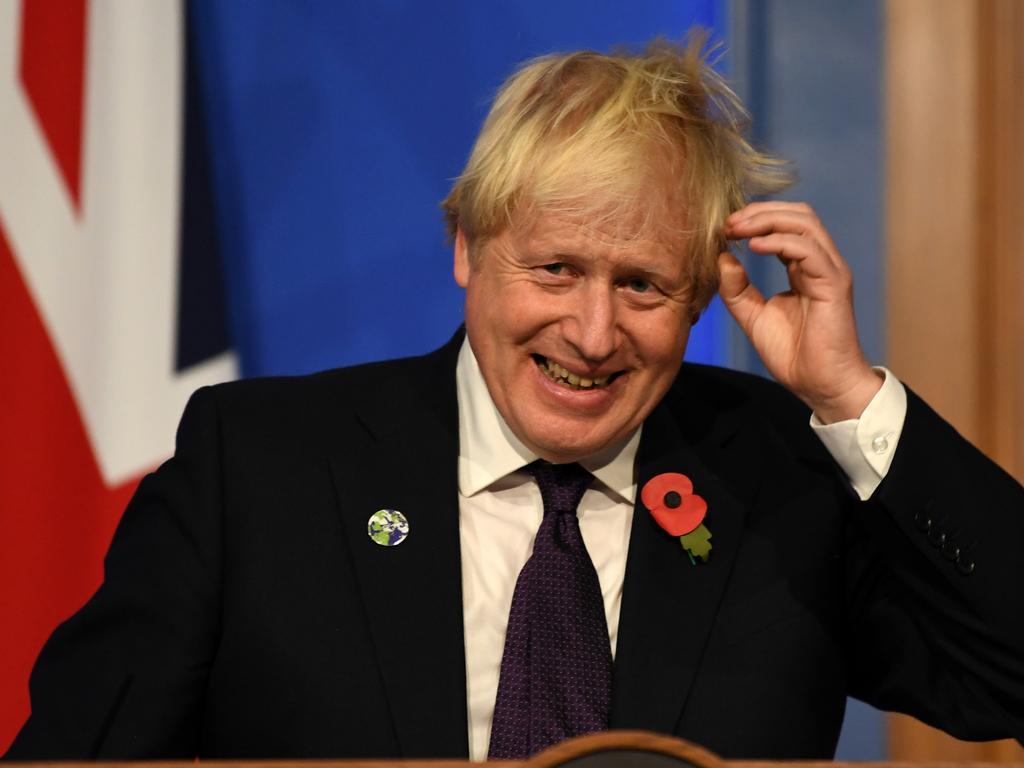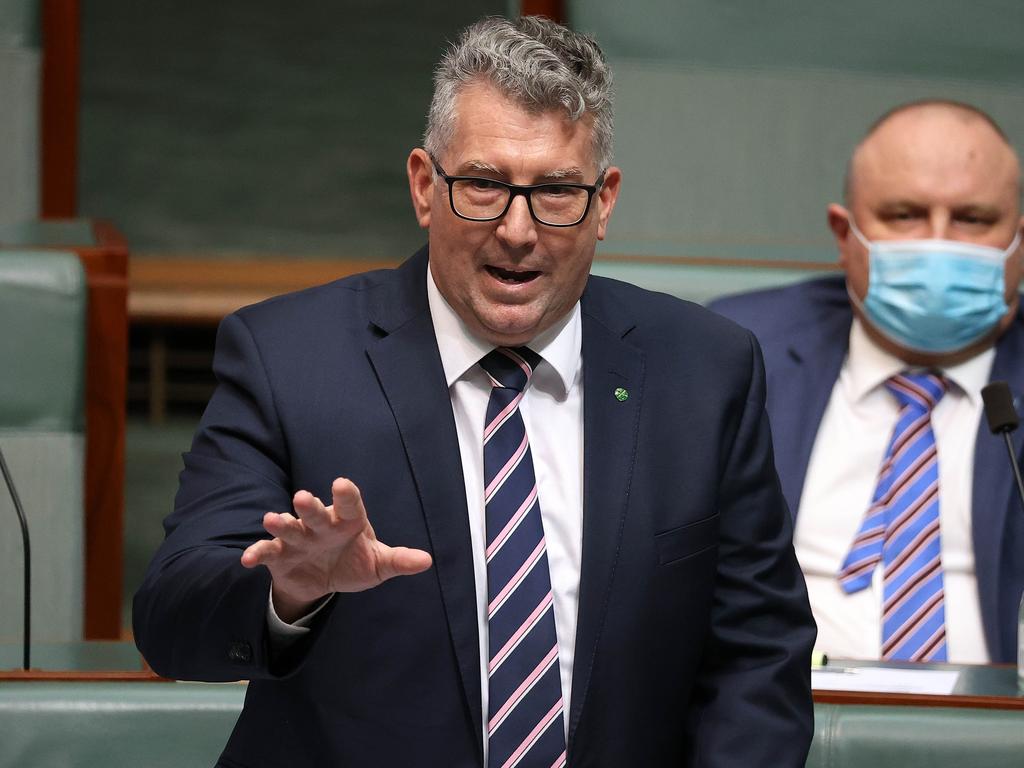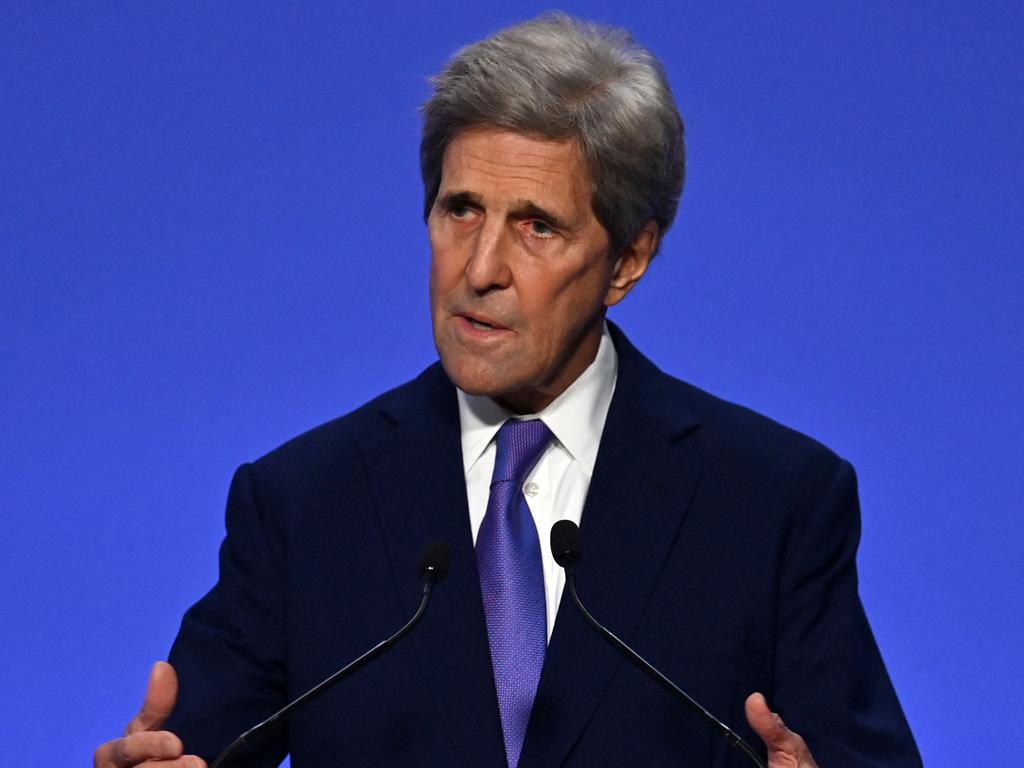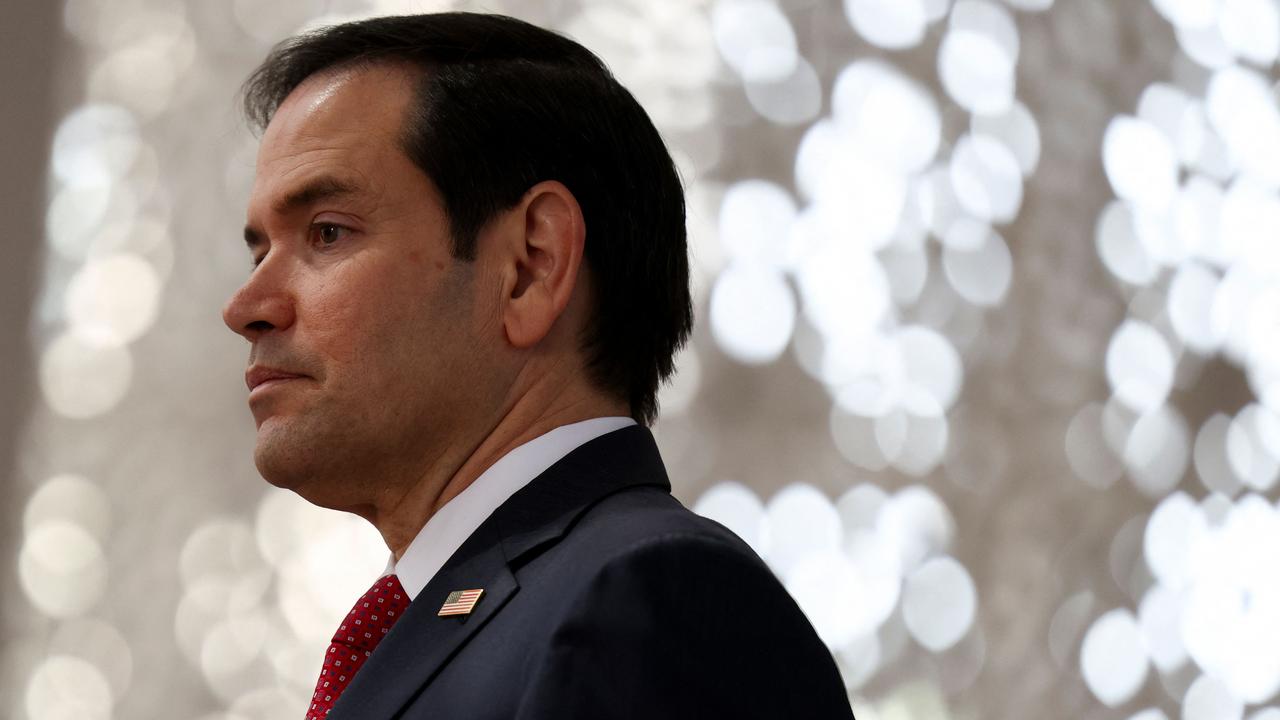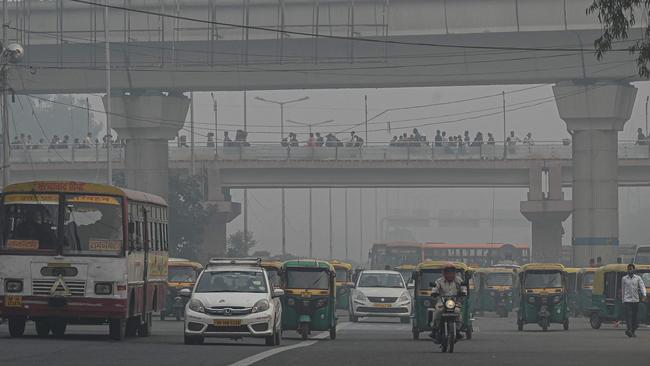
We have now had 26 COP UN climate change conferences. The first was in Berlin in 1995; the most recent, in Glasgow, ended over the weekend. With a few exceptions, they have been very forgettable events.
Arguably, the one in Kyoto had some impact as some developed countries entered into non-binding agreements to limit carbon dioxide emissions. Then there was the disaster in Copenhagen in 2009, where there was an overt failure by countries to reach an agreement. Paris in 2015 was a standout because all countries, including China, ended up signing up to a communique in which commitments were made to reduce emissions to keep the rise in the average world temperature to 2C, preferably 1.5C.
But note that there was acknowledgment of different expectations for developed and developing countries; the agreement was non-binding; and many of the rules (in relation to reporting, carbon trading and the like) were left to be sorted out later.
Former IMF chief economist and Harvard economics professor Ken Rogoff summed up the consequences of the Paris Agreement: “The hard fact is that fossil fuels still account for 80 per cent of global energy, as they did when governments signed the Paris climate agreement to much fanfare at COP21 six years ago. And even though many economies have not yet returned to their pre-pandemic GDP level, the world is on track in 2021 to post its second-largest annual increase in carbon dioxide emissions on record.”
Indeed, a longer-term perspective is that, ever since the first COP, global emissions have risen every year. The most optimistic interpretation of their impact is that emissions growth has been slightly lower than otherwise would have been the case.
When it came to the Glasgow COP – delayed for a year because of Covid – there were widely held expectations real progress would be made on a number of fronts, particularly in terms of securing more ambitious emissions reduction targets as well as locking in finance to distribute to developing countries for the purposes of abatement and adaptation.

UK Prime Minister Boris Johnson deliberately linked his political standing with the success of the conference. Using hyperbolic language and painting an apocalyptic vision of the world without climate change action (something shared by many speakers in Glasgow), he declared “we’re at one minute to midnight; this is the moment for it”. He even argued that “if Glasgow fails, the whole thing fails”. He was not alone in advocating urgent action. Prince Charles, for instance, declared Glasgow was the equivalent of the ‘last chance saloon’.
As it began to sink in that the high expectations for Glasgow were not going to be met, Johnson began to walk back from his earlier enthusiasm. Late in the second week, he expressed the view that “we won’t clinch it all at COP26 but we should start”.
A number of important questions need to be answered as the Glasgow caravan moves on. What was Australia’s role at the conference? Were there any achievements made? Is the COP process really the way forward?
Contrary to what you might read in left-leaning media outlets, Australia plays a relatively minor role at these conferences. This is hardly surprising given our relatively small contribution to global emissions. To be sure, there are important country-to-country interactions, particularly in relation to green technology advances. But Australia is not in a position to meaningfully change the course of events.
The possibility Glasgow’s final communique might be disappointing in part explains two late proposals relating to methane emissions and net deforestation.
The US and EU put forward a resolution that methane emissions should be cut by 30 per cent by 2030. The US government had been told this target could be achieved by simply repairing leaky gas pipelines and without involving the farming community. While a number of other countries did sign on, the biggest emitters of methane, India and Russia, refused to do so. (Note here that rice paddy fields are a significant source of methane.) Australia also refused to sign on.
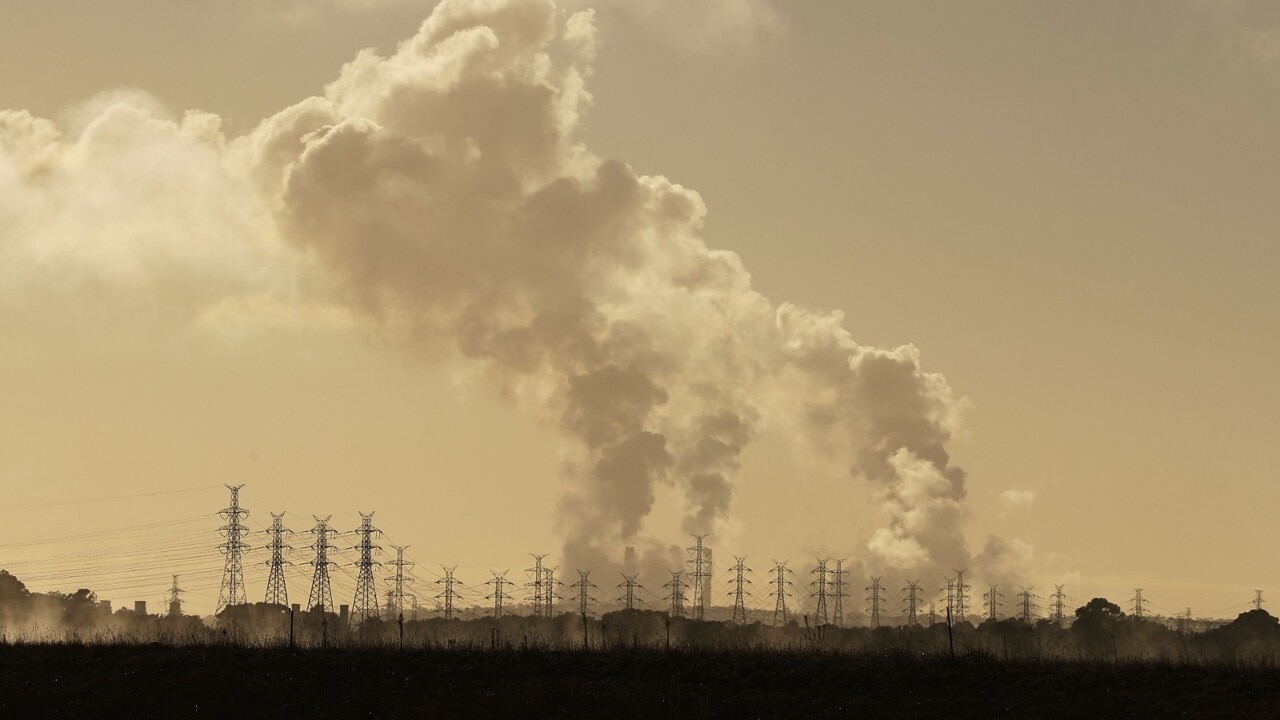
When it came to the net deforestation proposal, there were many takers, including Brazil, Indonesia and Australia, in part because of its loose wording. A similar proposal from 2014 is generally seen to have failed. No sooner had the resolution been signed than Indonesia’s Environment Minister (who attended) complained that “forcing Indonesia to zero deforestation in 2030 is clearly inappropriate and unfair”.
As is typical with these events, time was extended for assembled diplomats to agree on a final joint statement, bearing in mind they are under strict instructions from the governments they represent.
The Indian delegation insisted “phase-down” rather than “phase-out” was used in relation to the (unabated) coal section. Any specific loss-and-damage provisions, whereby developed countries might compensate developing countries for climate-related events, did not make the final cut. Even so, agreement was reached in relation to improved transparency about emissions (China has made no public disclosures since 2014) and reforming the market for carbon credits. While countries would be invited to update their emissions reduction targets next year, this will be an entirely voluntary process. China has already stated it won’t be updating its target.
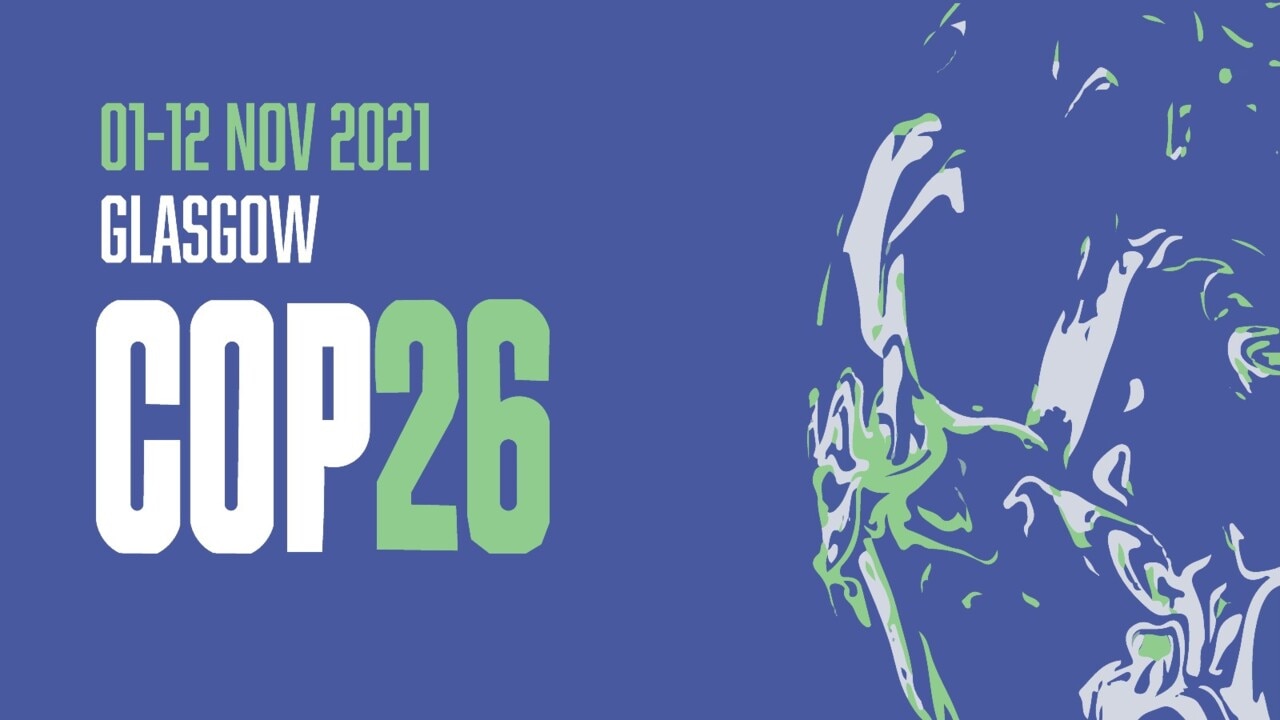
Annual climate conferences produce a lot of theatre as well as settings for some political leaders and business tycoons to show off. But the hard reality is that countries will determine what is primarily in their national interest.
As long as fossil fuels continue to provide the most affordable and convenient source of energy, it will be a huge challenge for most countries to wean themselves off entirely. The real breakthrough comes when alternative sources provide cost-effective and equally convenient energy; hence the need for investment in technology and innovation.
As our Energy Minister, Angus Taylor, puts it, “the people who will solve the energy problem will be the entrepreneurs and innovators not the activists, bureaucrats and politicians at COP”.
The one noticeable change at Glasgow was the much greater presence of business leaders and financiers. To be sure, many were there to shore up receipt of government subsidies but others were there to become involved in the process of decarbonisation while still making money.
While many climate activists take a dim view of the wealthy business types, it is their involvement that will have greater impact than wordy documents.


